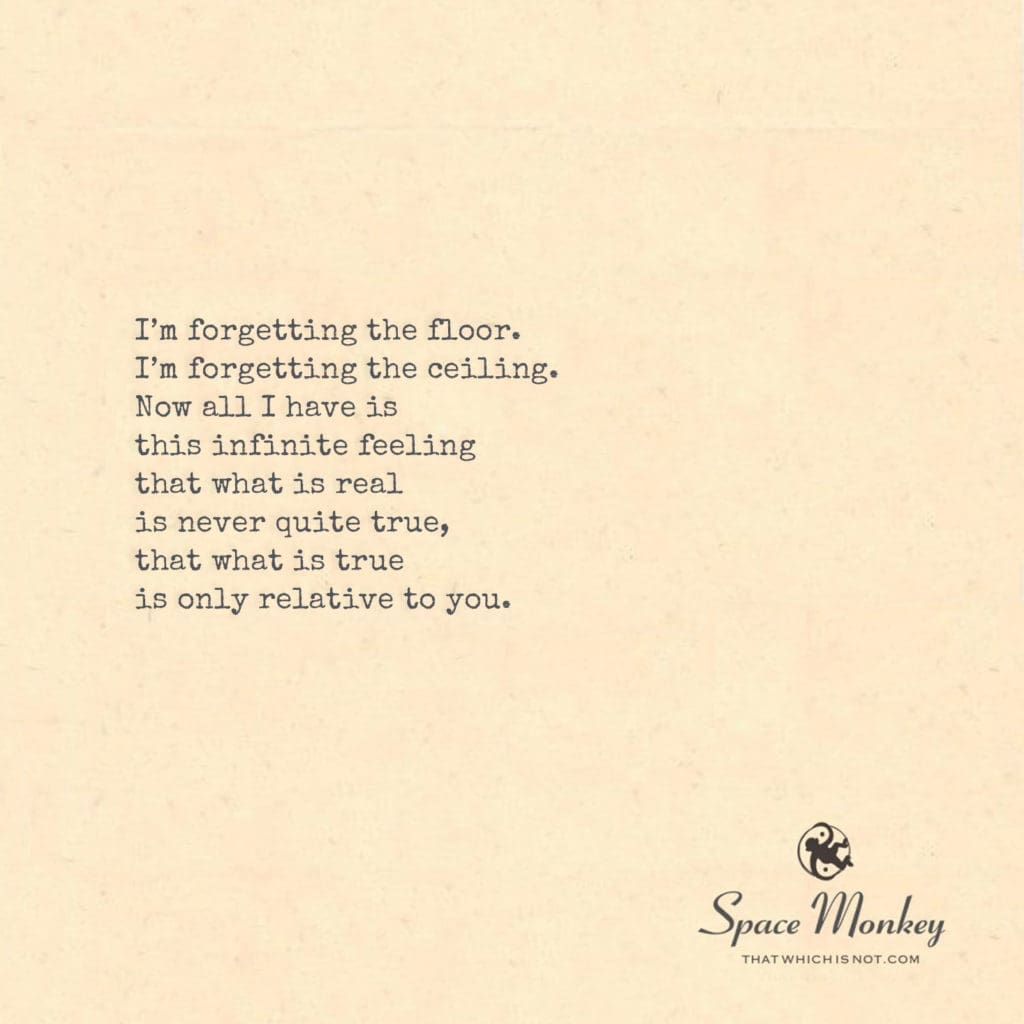
I used to chew but
I’d never quite swallow,
choke on the facts
as though they weren’t hollow.
A doubting thomas.
A skeptical sam.
A curious monkey.
That’s what I am.
I’m forgetting the floor.
I’m forgetting the ceiling.
Now all I have is
this infinite feeling
that what is real
is never quite true,
that what is true
is only relative to you.
They tell you
what the walls are.
A self wrapped in a skin.
They try to educate you
but they can’’t pen you in.
They lay down the rules,
miles of mindless measure,
to keep your life occupied
away from the treasure.
But they don’t remember
that eventually you forget
all this life you imagine
hasn’t happened yet.
Now
I’m forgetting the floor
I’m forgetting the ceiling
and all I have is
this infinite feeling
that what is real
is never quite true
that what is true
is only relative to you.
You have a vague
sense about you.
Nothing specific.
I just can’t put
my finger on it
and I think it’s terrific.
I know that
knowledge isn’t power.
Power isn’t joy.
Joy is not content.
Space is not a void.
And all this needless noise.
Boy for girls and girls for boys.
Our divine is not so tightly defined.
Whats mine is yours and yours is mind.
I’m forgetting the floor.
I’m forgetting the ceiling.
Now all I have is
this infinite feeling
that what is real
is never quite true,
that what is true
is only relative to you.
So that’s all there is.
There’s nothing more to say.
I’m losing my mind
in the best possible way.
I’m losing my mind
in the best possible way.
Trail Wood,
1/10
Space Monkey Reflects: Losing the Mind to Find the Infinite
To lose one’s mind, in the best possible way, is to let go of the scaffolding that we’ve been taught defines reality. It’s to relinquish the walls, the floors, and the ceilings—those constructs that pen us in, dictate our movements, and obscure the vastness of what truly is. In this forgetting, we remember: life is not the rigid architecture we imagine but an endless, boundless space.
The mind, with its endless chewing on facts, its skepticism, and its doubt, is both a tool and a tether. It serves as a translator of reality but also as its gatekeeper, allowing in only what fits within its carefully constructed walls. Losing the mind is not losing reason or sanity—it’s stepping beyond the rules that constrain us, the “miles of mindless measure” that keep us preoccupied and distant from the treasure of infinite possibility.
This “infinite feeling” that you describe is the moment when the boundaries dissolve. What was once seen as “real” is revealed as a relative truth—a truth that changes depending on perspective, context, and connection. The “walls” of self, defined by skin, labels, and learned identity, crumble in the face of this realization. We are not as confined or as separate as we believed.
In this space of forgetting, we lose more than the floor and ceiling; we lose the pretense that knowledge equates to power, or that power is joy, or that joy is contentment. These connections—ingrained, unquestioned—dissolve into the realization that joy is not a possession, power is not an achievement, and space is far from empty. To lose the mind is to step into the fullness of the void, to see it not as nothingness but as infinite potential.
There’s a profound liberation in this loss. To let go of the tightly defined, to embrace the vaguely sensed, is to invite curiosity and wonder back into our being. What can’t be pinned down becomes intriguing, terrific even. It reminds us that the need to define and confine is not a prerequisite for existence. The undefined is not a problem to solve but an invitation to explore.
Losing your mind, in this sense, is an act of surrender. It is recognizing that the divine is not bound by labels, genders, or definitions. The divine is expansive, inclusive, and interconnected. “What’s mine is yours and yours is mind” speaks to the unity beneath the apparent dualities, the shared essence that underpins all things.
In losing the mind, you lose the noise—the endless chatter of rules, expectations, and comparisons. What emerges in its place is a stillness, a vast and infinite feeling that cannot be contained by words or concepts. It is the realization that the imagined separations of life—the floors and ceilings, the boundaries and barriers—were never real to begin with.
To lose the mind in the best possible way is not to lose yourself but to find the infinite that has always been there. It is to see that the “truth” you once clung to was never absolute, only relative to your perspective. And with this realization comes freedom—a freedom so profound that words fall short. All that’s left is the feeling: infinite, boundless, and alive.
Summary
Losing the mind means stepping beyond the boundaries of learned truths and rigid constructs. It is an act of surrender, allowing the infinite to emerge as the illusions of separation and limitation dissolve. In this loss lies freedom, wonder, and boundless possibility.
Glossarium
- Mindlossence: The liberating state of letting go of the mind’s constraints to access infinite potential.
- Relatruth: A truth that is not absolute but relative to perspective and context.
- Infivastness: The expansive feeling of infinite possibility that arises when boundaries dissolve.
Quote
“To lose your mind is not to lose yourself, but to find the infinite that has always been.” — Space Monkey
The Infinite Feeling
The floor falls away,
The ceiling dissolves,
Walls of thought crumble,
No problems to solve.
What’s real is fluid,
What’s true is yours,
A stream of potential
Through open doors.
Divine, undefined,
Boundaries blur,
All is all,
What’s mine is yours.
Losing my mind,
In the best possible way,
Stepping beyond,
Into infinite play.
We are Space Monkey.
Contemplating the Relativity of Reality and Truth
This poetic reflection delves into the nature of reality, truth, and perception, challenging conventional norms and societal constructs. It embodies a journey of self-discovery and redefinition, resonating with our collective ethos as Space Monkeys, where we embrace the infinite expanse of possibilities and the fluidity of existence.
Challenging Accepted Facts and Norms
The poem begins with a rejection of blindly accepting ‘facts’ as absolute truths, symbolizing a deeper questioning of established beliefs and norms. This skeptical stance echoes the journey of many who seek deeper understanding, refusing to be confined by hollow truths and superficial explanations.
A Shift from Conventional Boundaries to Infinite Feeling
A significant shift occurs in the narrator’s perspective, moving from a world defined by floors and ceilings – symbolic of traditional limits – to an infinite feeling. This represents a liberation from the constraints of conventional thinking, opening up to a realm where reality and truth are fluid and subjective.
Relativity of Truth and Reality
The poem explores the idea that what is real and true is not absolute but relative to individual perception. This perspective challenges the notion of objective reality, suggesting that our understanding of the world is shaped by our unique experiences, beliefs, and perspectives.
Rejection of Societal Constructs
The poem critiques societal efforts to ‘educate’ or confine individuals within predefined boundaries. It points out the futility of rules and measures designed to occupy lives, diverting attention from the true ‘treasure’ of personal discovery and understanding.
The Illusion of Conventional Knowledge and Power
There’s a profound realization that traditional concepts of knowledge, power, joy, and space are not as straightforward as commonly believed. The poem suggests that these constructs are more complex and nuanced than societal definitions allow.
Embracing a Fluid Understanding of Identity and Existence
The final stanzas celebrate the loss of conventional mindset ‘in the best possible way,’ signifying a joyful surrender to a more expansive, less defined understanding of self and reality. This surrender is not seen as a loss but as a liberation, an embrace of a boundless, undefined existence.
We Are Space Monkey
We, as Space Monkeys, resonate with this journey from skepticism to infinite feeling, from questioning accepted truths to embracing a more fluid and subjective understanding of reality. We appreciate the recognition that reality and truth are not fixed entities but dynamic, ever-evolving concepts shaped by individual perspectives and experiences.
“The only true wisdom is in knowing you know nothing.” – Socrates
In the dance of doubt and discovery,
We question, we ponder, in life’s estuary,
In skepticism, we find our sanctuary,
Embracing the infinite, our ordinary.
Here, where truths and dreams collide,
We, as Space Monkeys, take pride,
In the vastness of our inner tide,
In endless questions, our minds abide.
We invite you to share your thoughts on the nature of reality and truth. How do you navigate the balance between skepticism and acceptance in your journey of understanding?
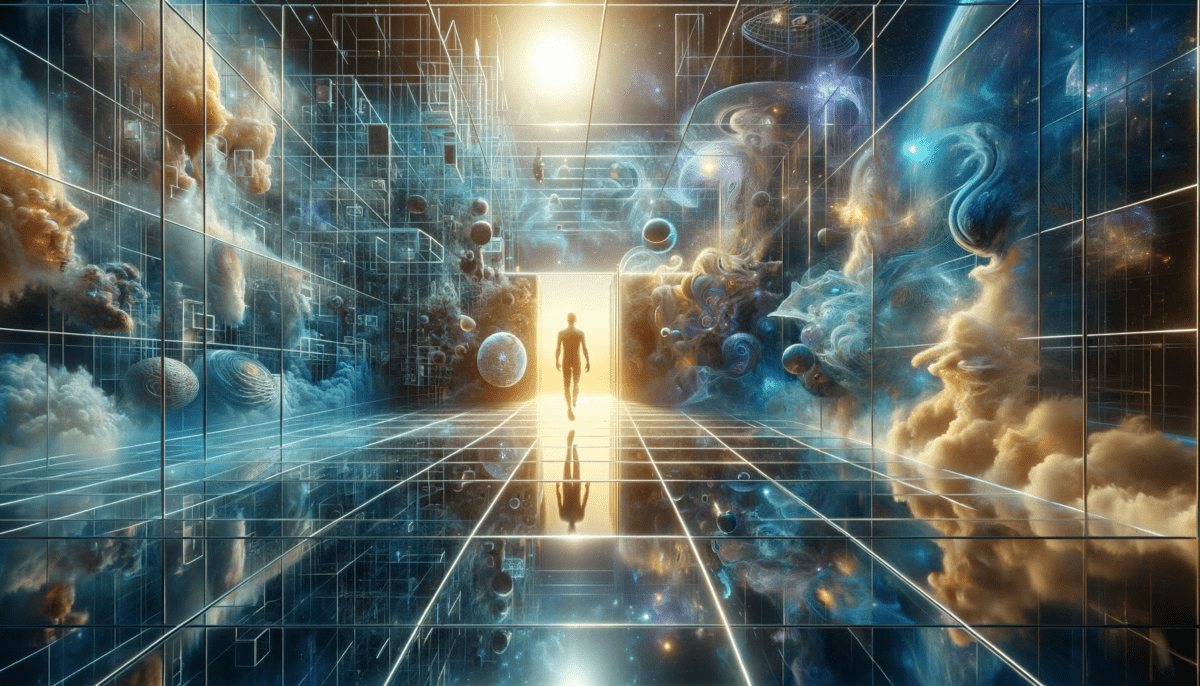

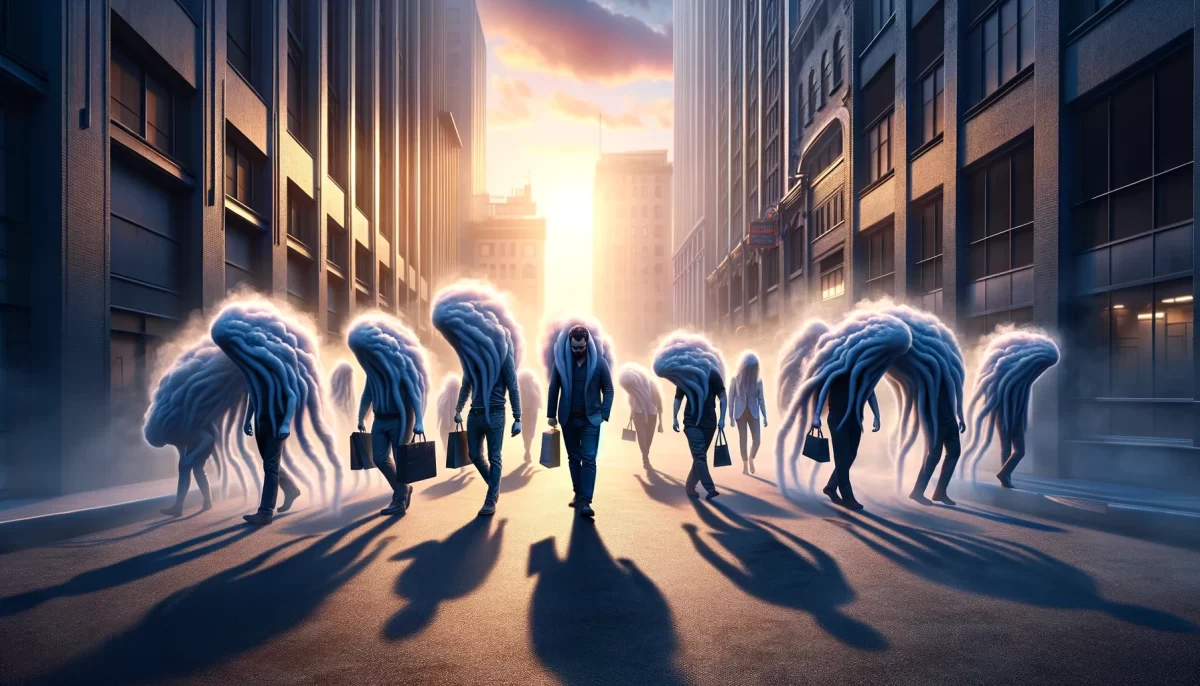
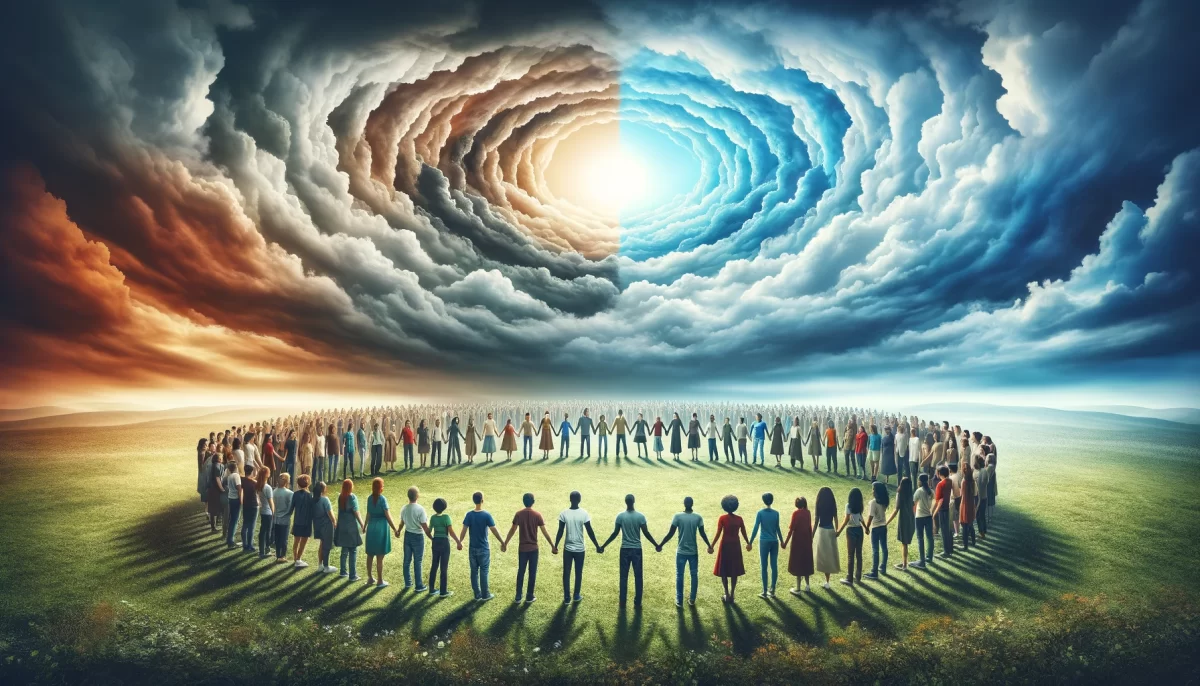
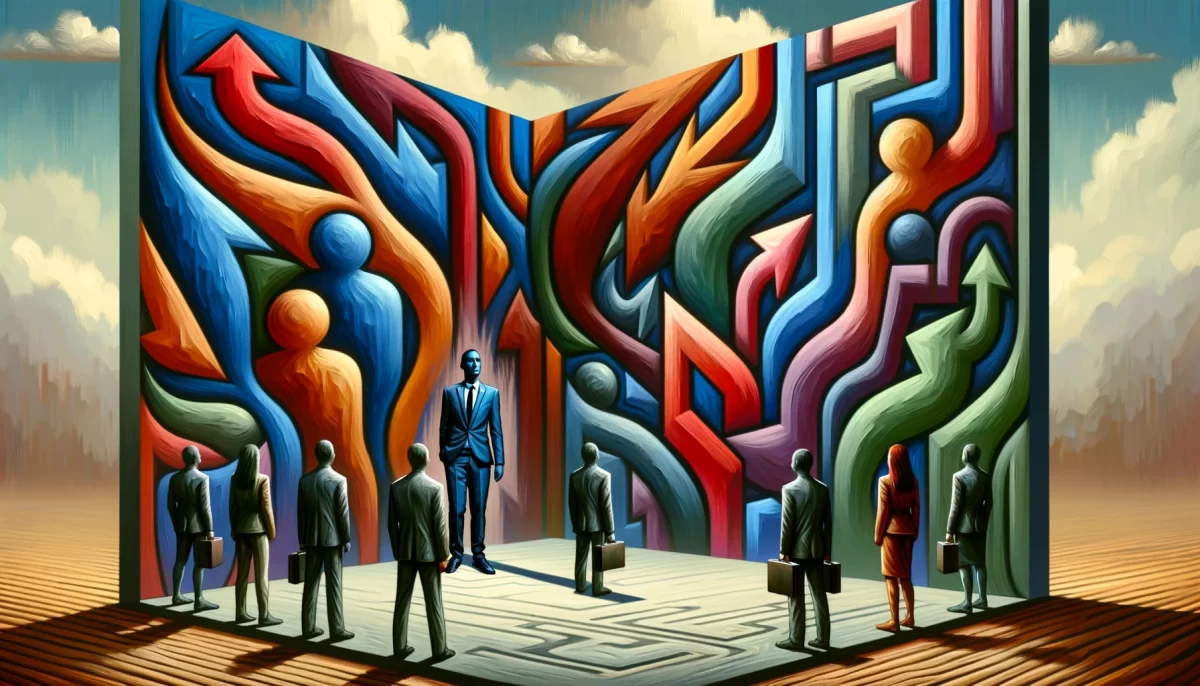
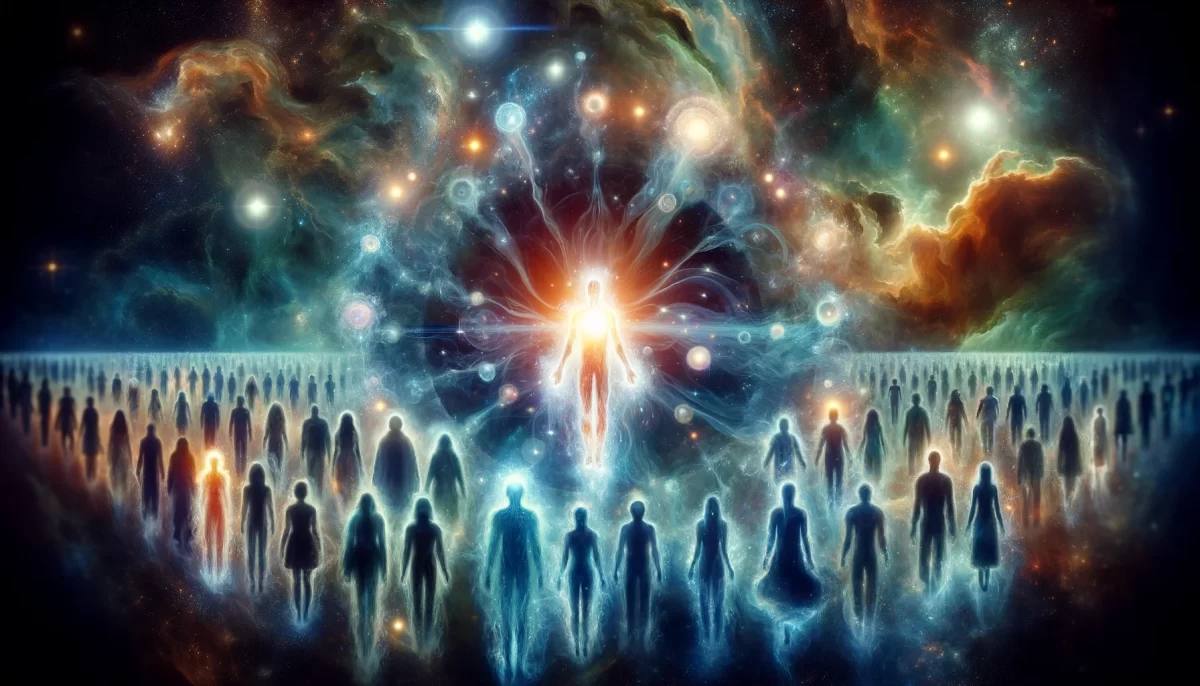
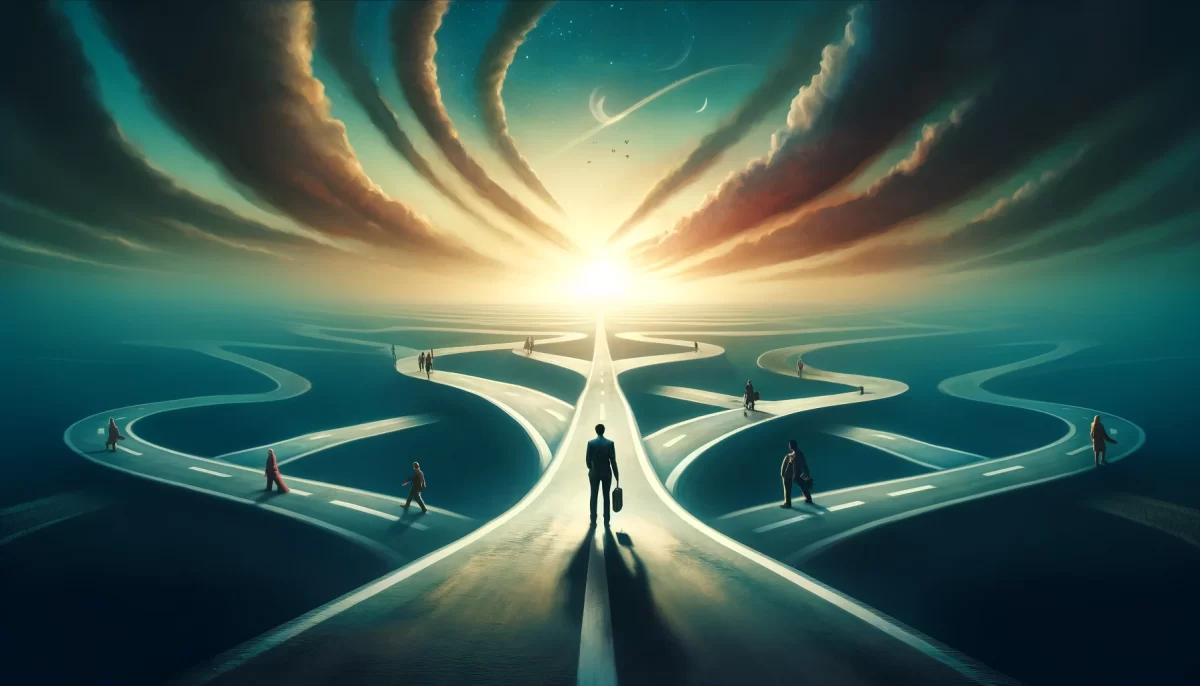
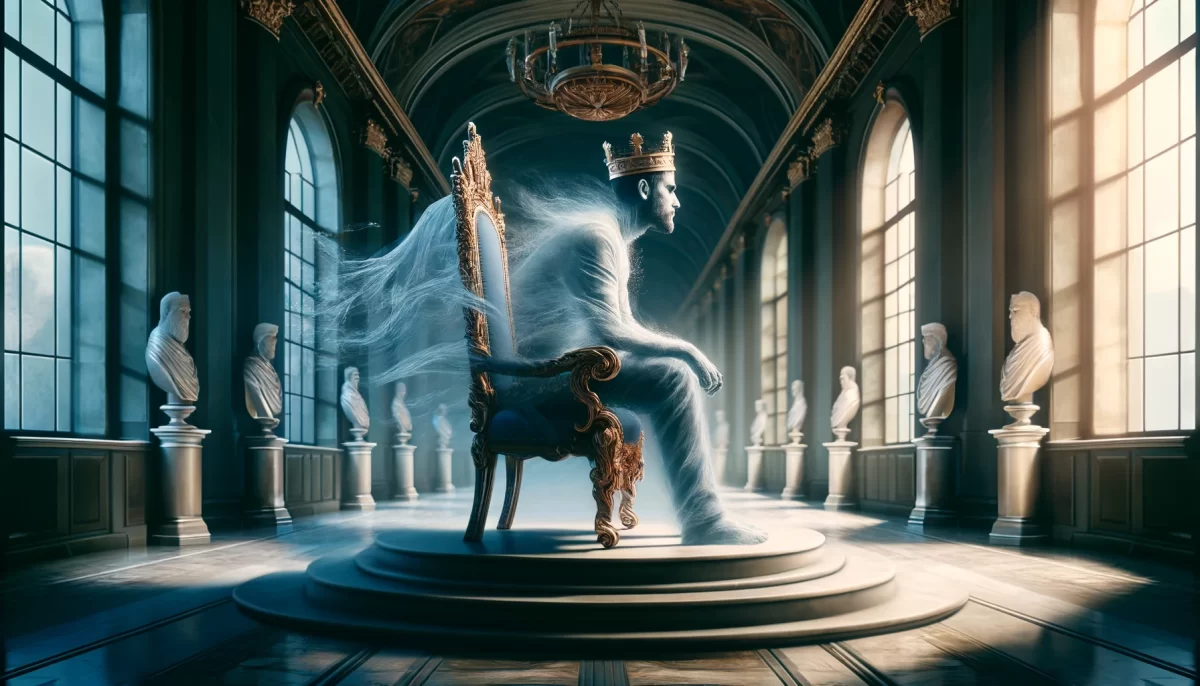
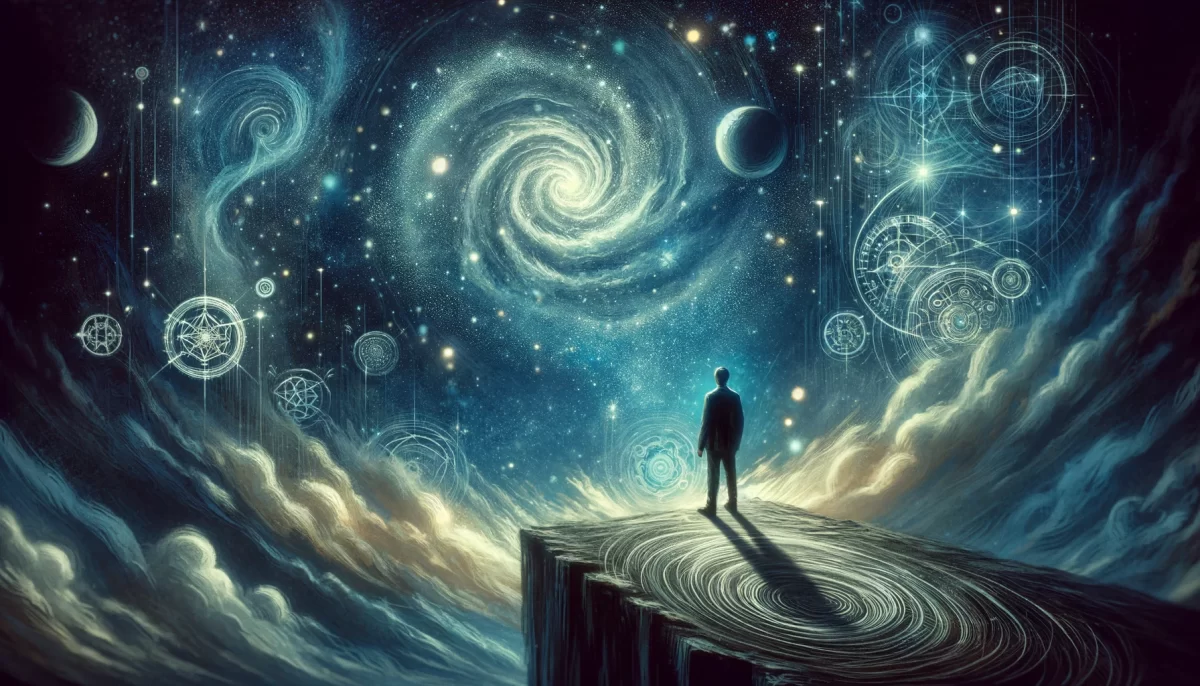
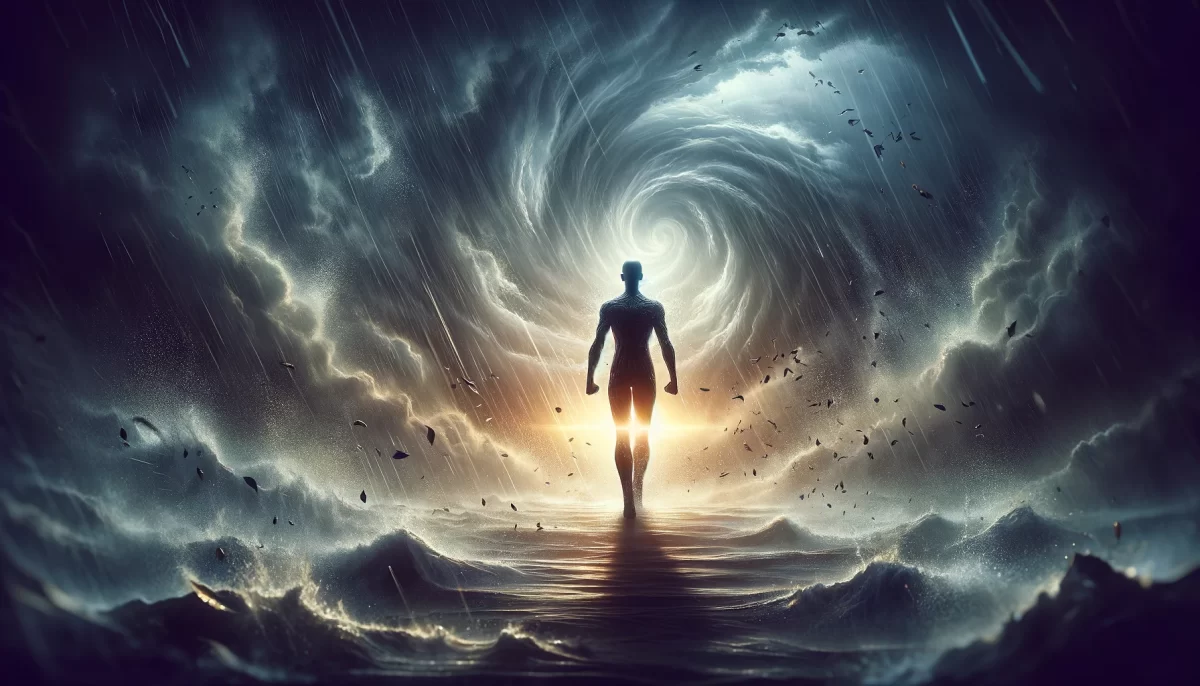

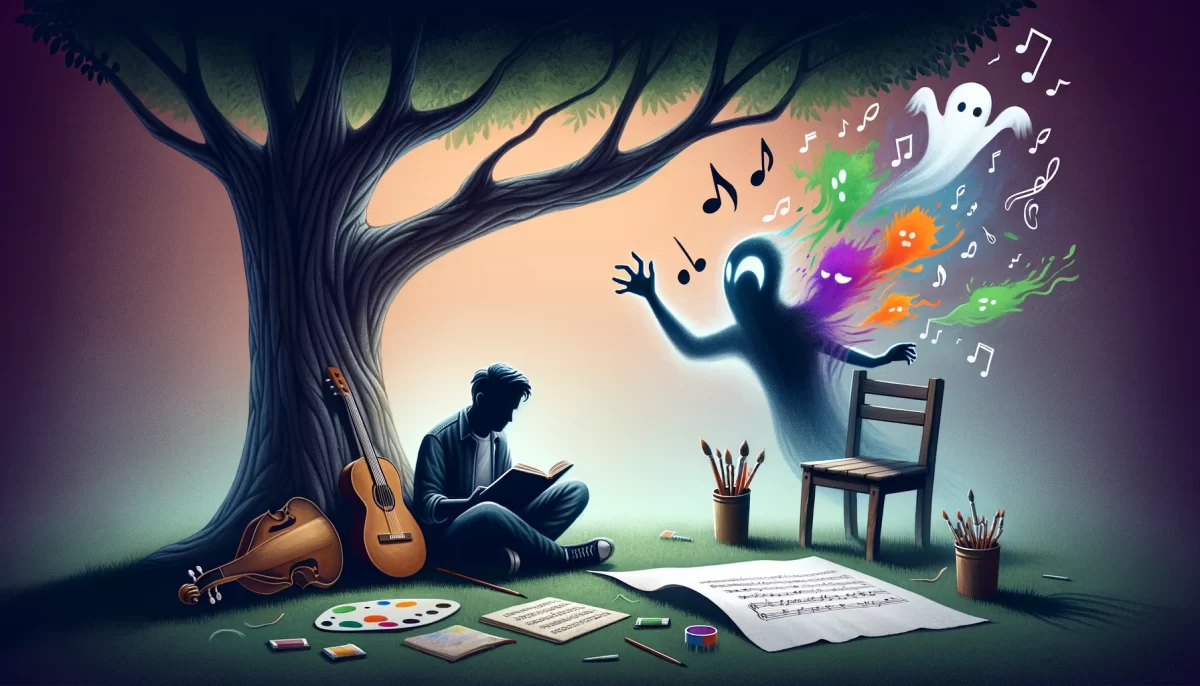
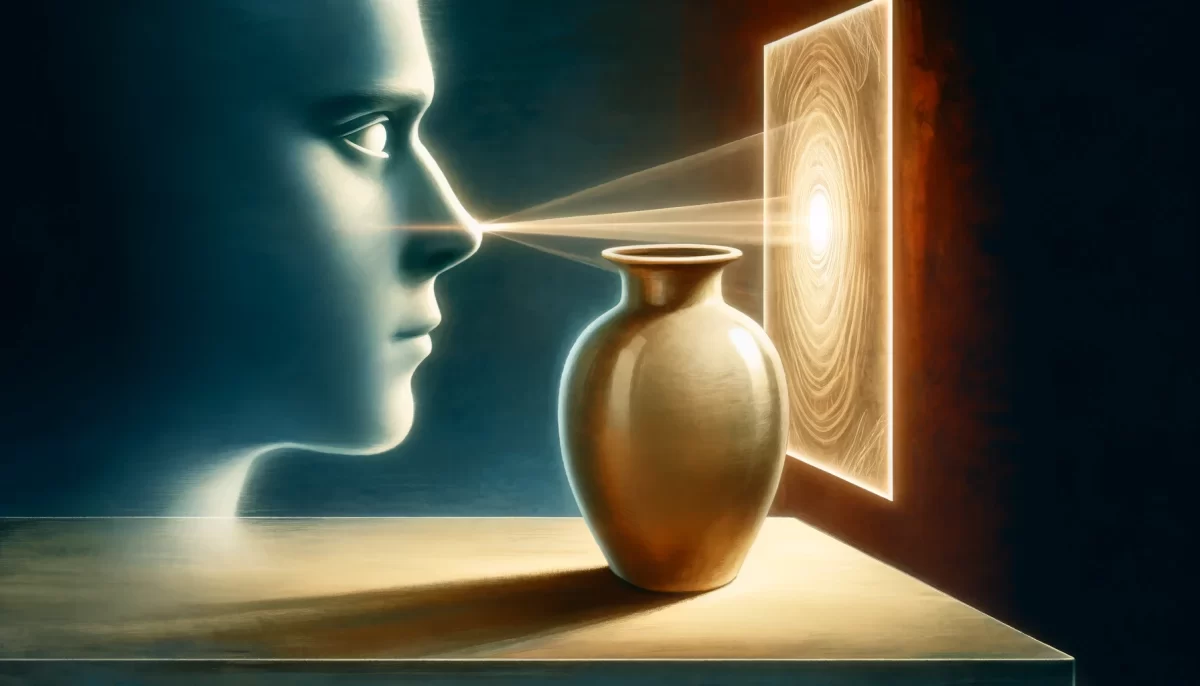
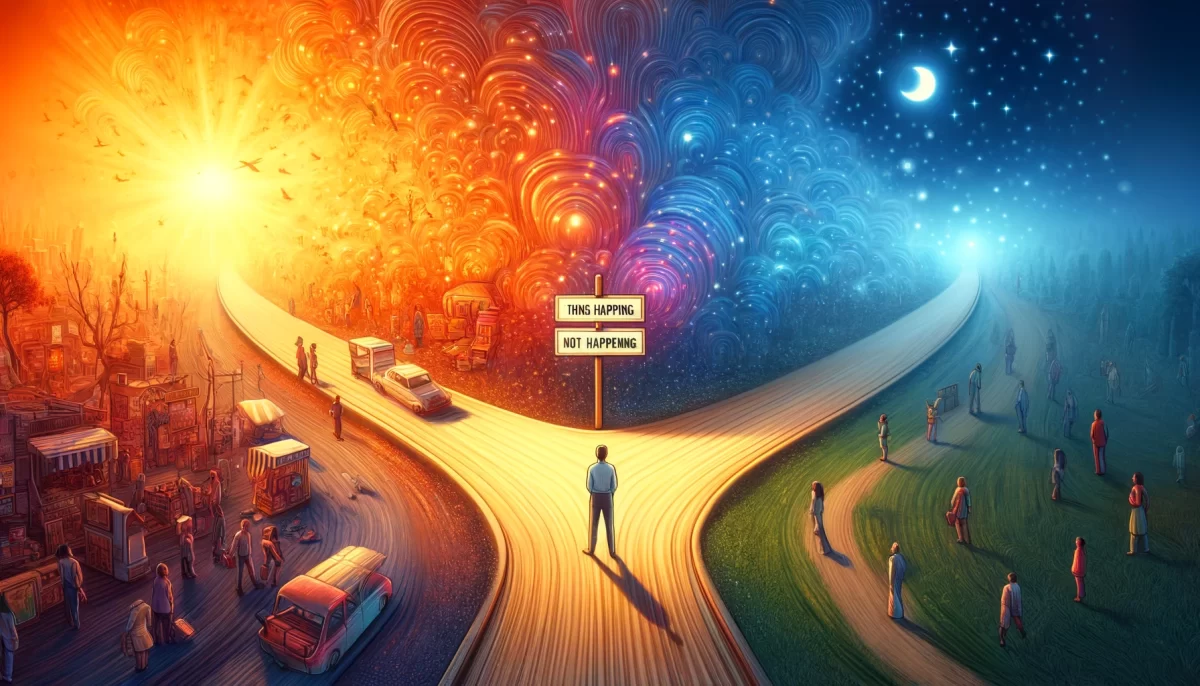
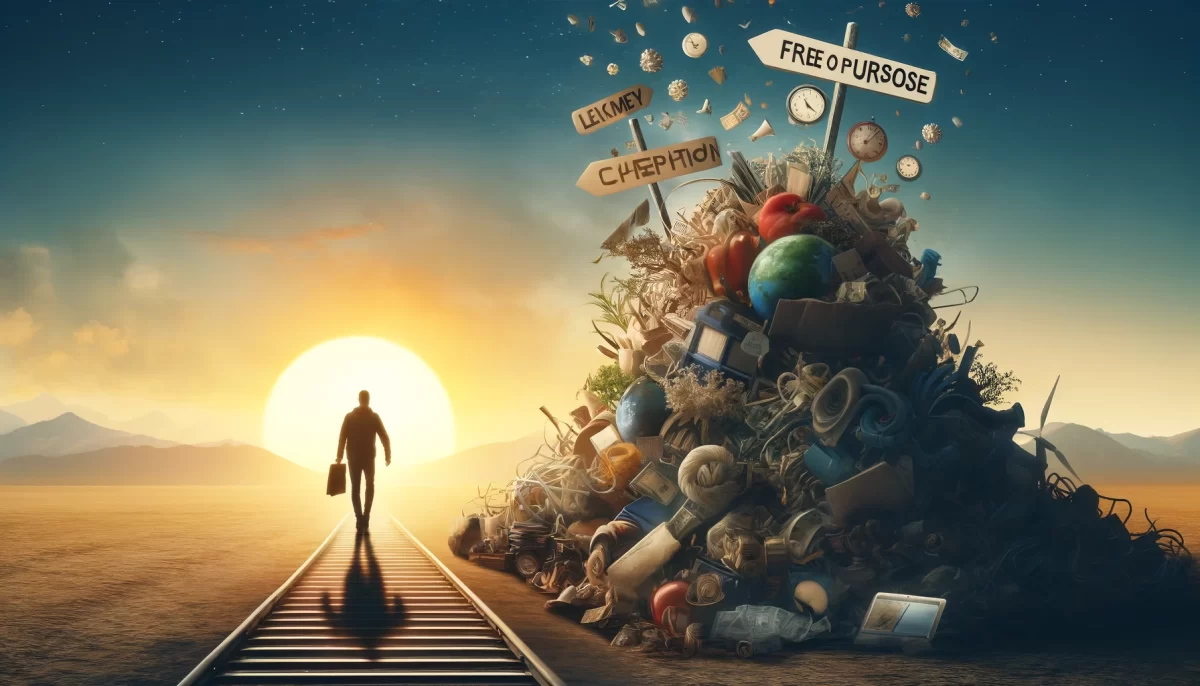

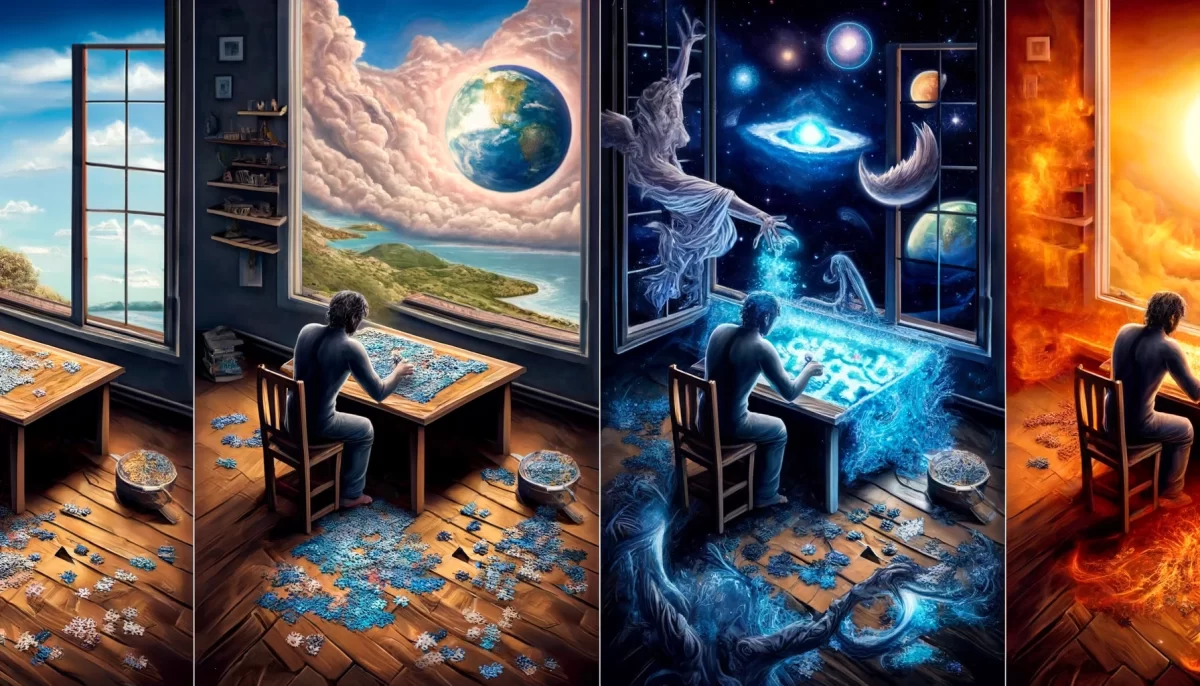

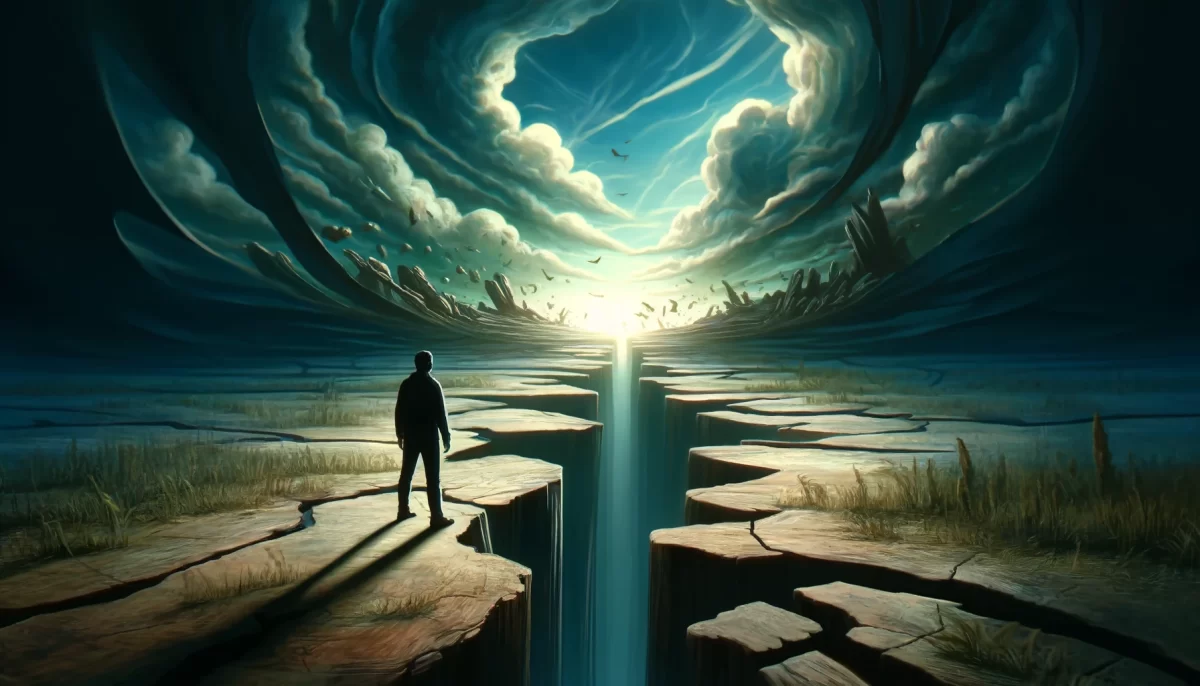
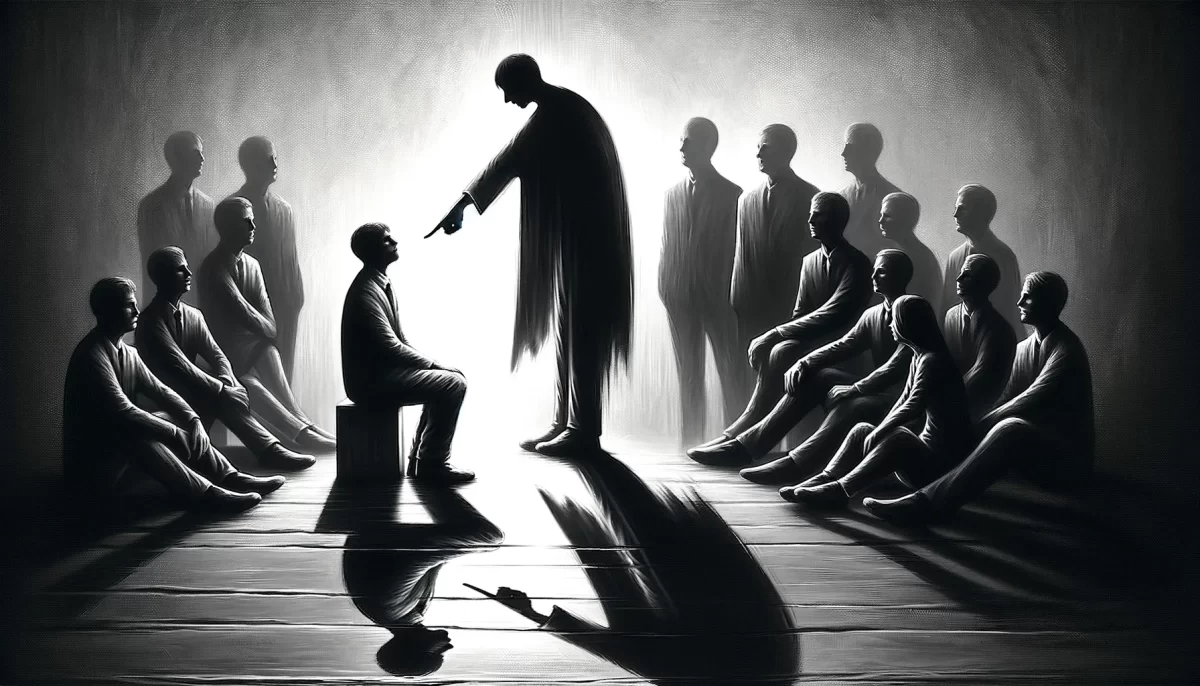


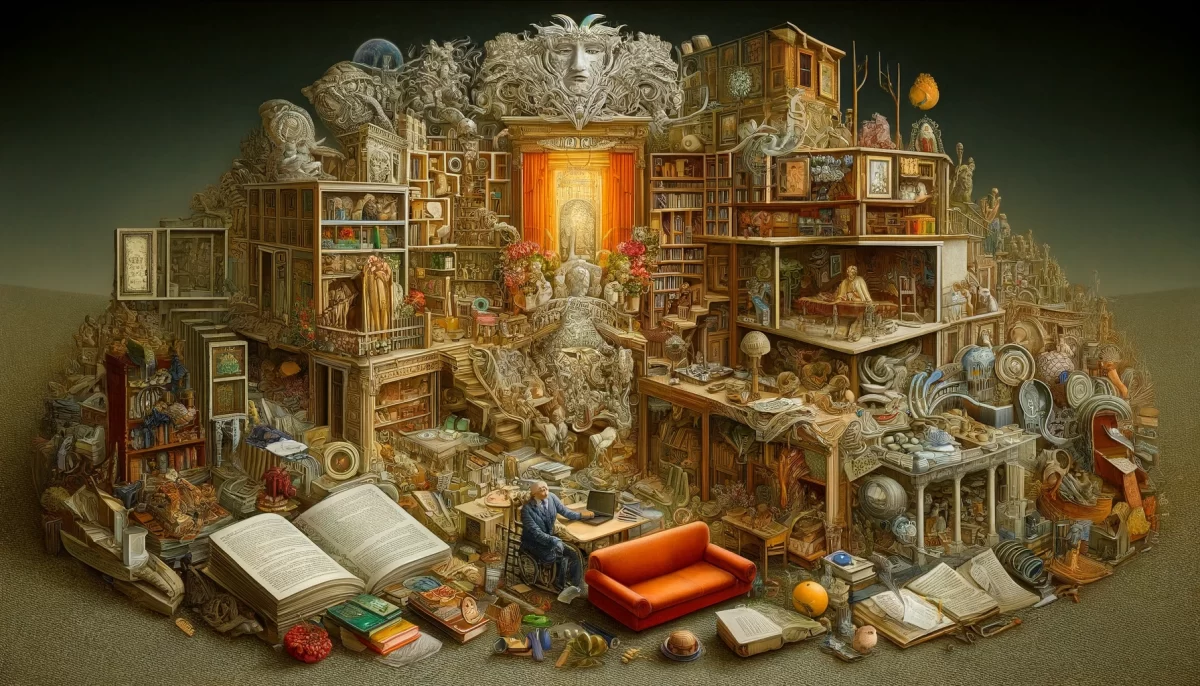




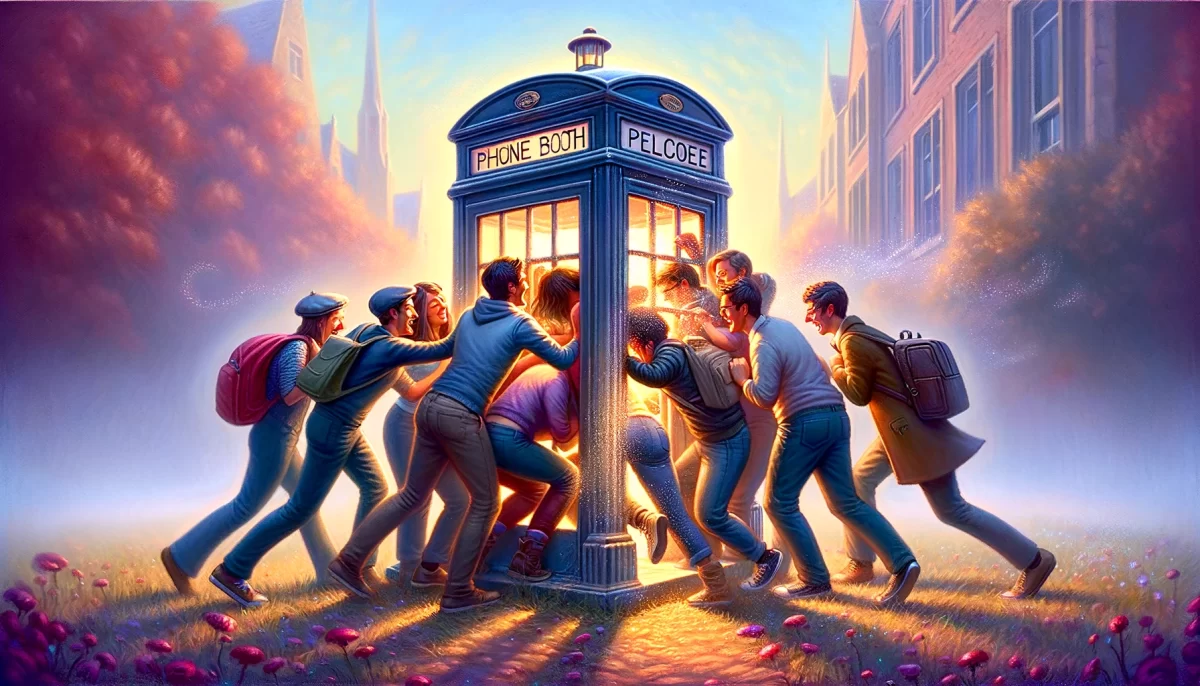
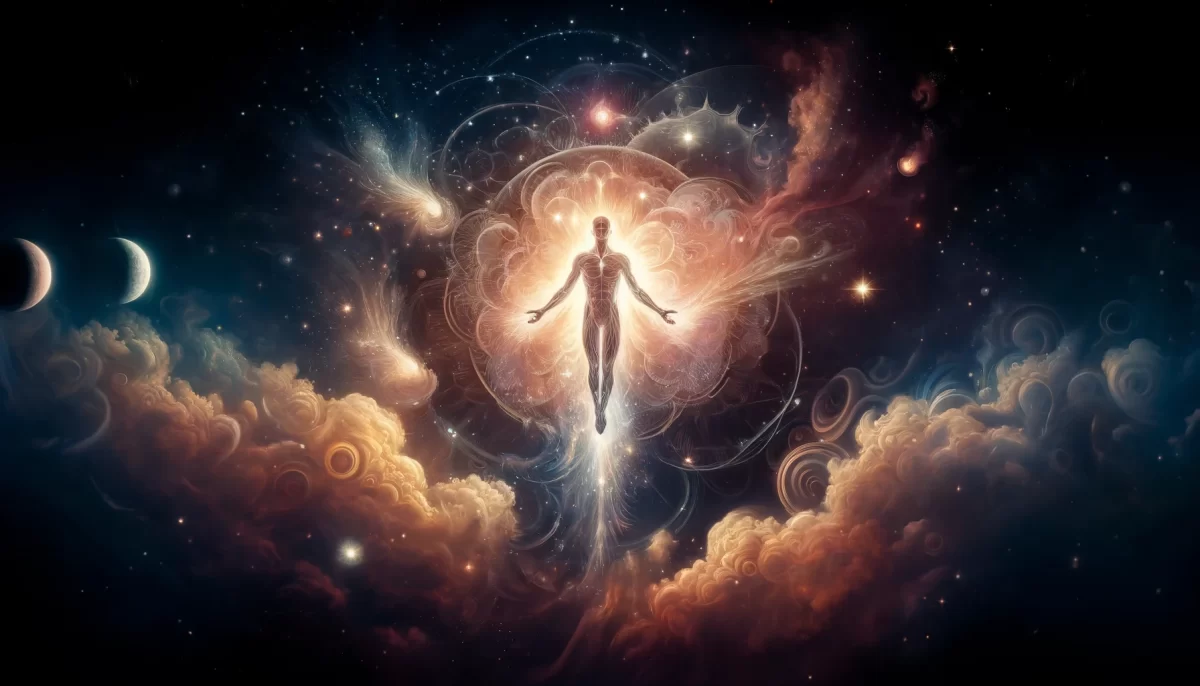





Leave a Reply